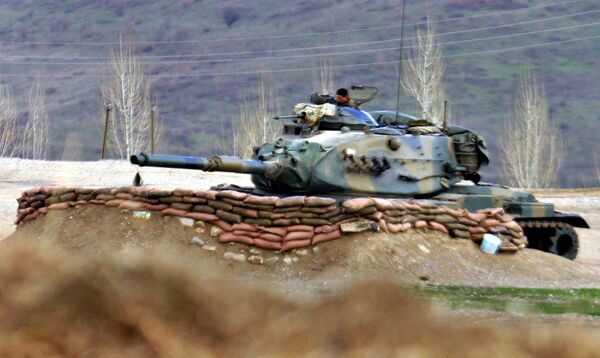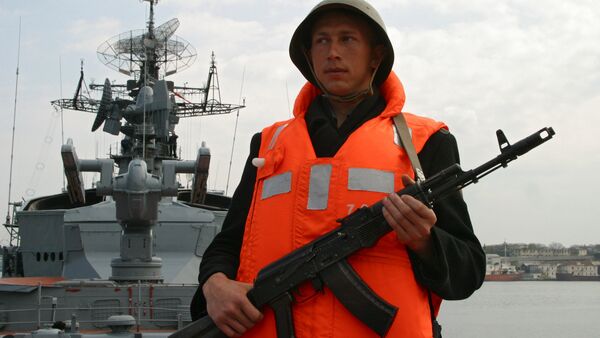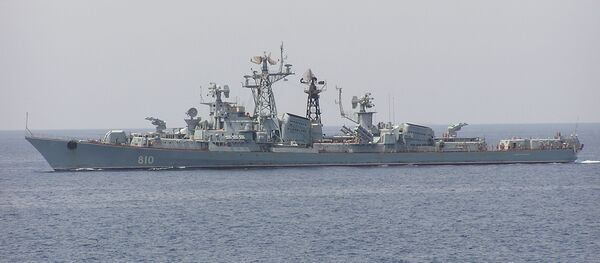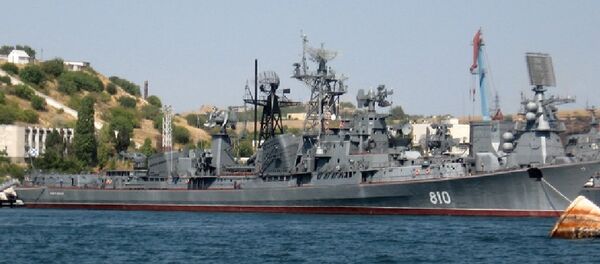Ankara, according to the expert, is trying to escalate tensions with Moscow to mobilize popular support at home and reinforce Turkey's ties with its allies in NATO. The latest incident was meant to help Ankara achieve this goal.
"I suppose the plan could have been designed by the Erdogan team to present Russia as an aggressor if the incident ended in a tragedy," Ivashov told REN TV, adding that Turkish authorities would have benefited from a deadly outcome.
The implications of the Aegean Sea incident could have been grave. If something happened to the Turkish seiner, President Recep Tayyip Erdogan could have felt empowered to make any decision he deemed necessary.
Some of these measures could have been extreme. For instance, Erdogan could have opted for "closing the Bosporus and Dardanelles straits for the Russian ships," Ivashov noted.
The Sunday incident is the latest in a string of international scandals Turkey has been embroiled in lately. These also include the downing of a Russian bomber in Syrian airspace and the so-called "invasion" of Iraq.
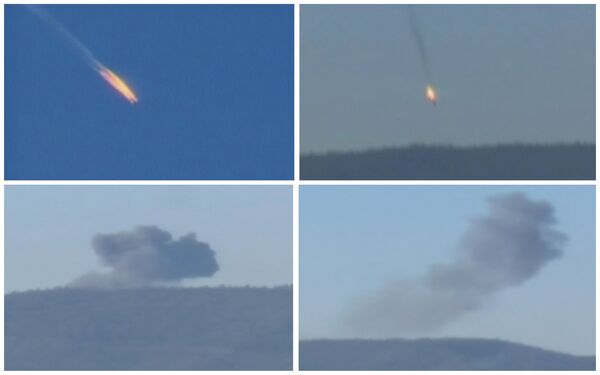
On November 24, a Turkish F-16 fighter jet shot down a Russian Su-24 bomber, citing airspace violation as the reason for the downing. Russian military officials offered evidence that the bomber had not crossed into Turkey, while the pilot confirmed that the crew did not receive any warnings from the Turkish Air Force.
In early December, Turkish soldiers were deployed to the Iraqi province of Nineveh to allegedly train Kurdish Peshmerga fighters. The initiative was not authorized by Baghdad. Iraqi authorities urged Ankara to immediately pull out its forces, including tanks and artillery, from northern Iraq and refrain from similar actions in the future.
